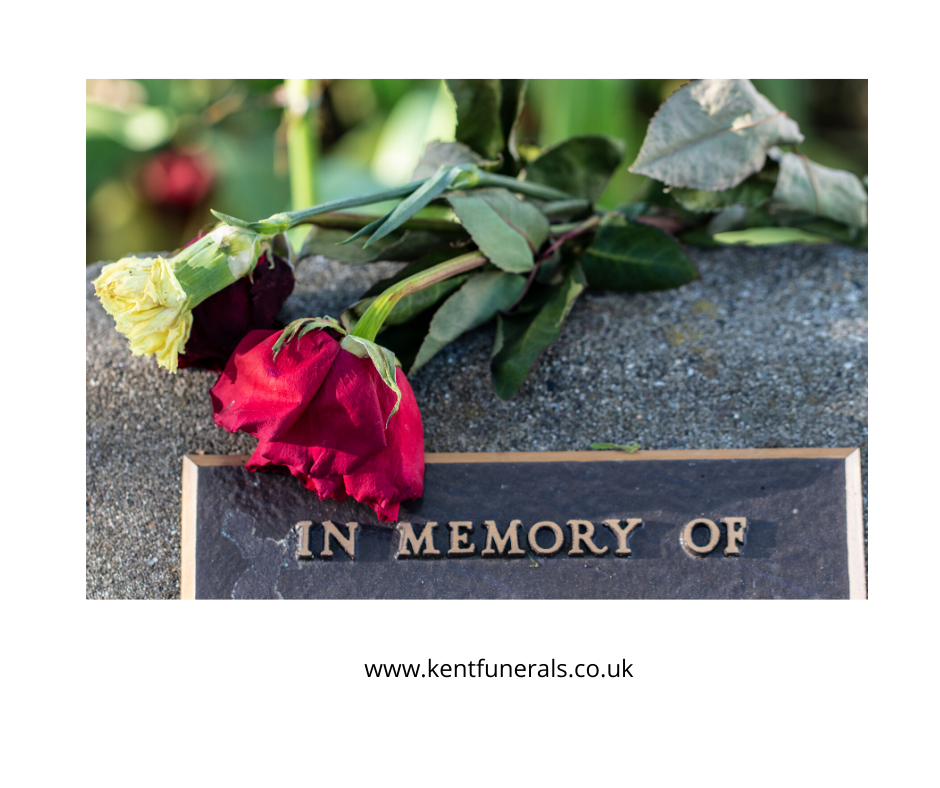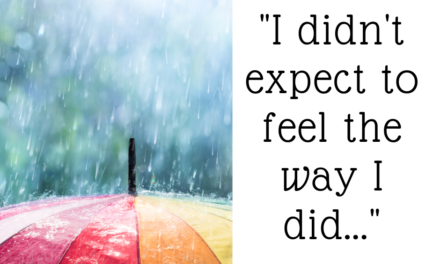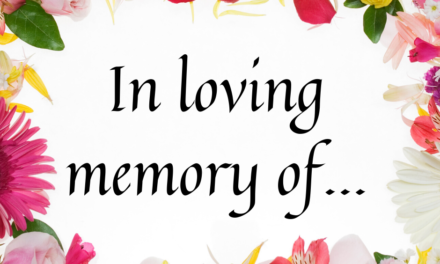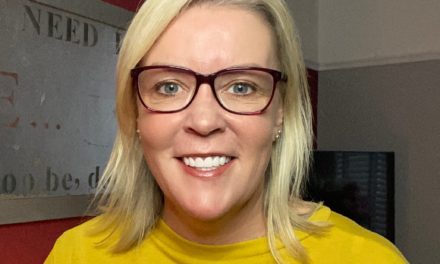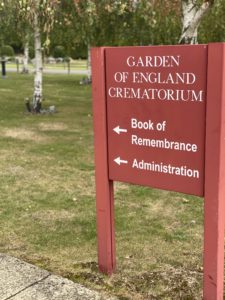 At first reading, the title of this post may seem a little inappropriate. Death is something to be taken seriously, which is why we don’t talk about it freely or share our wishes with those closest to us.
At first reading, the title of this post may seem a little inappropriate. Death is something to be taken seriously, which is why we don’t talk about it freely or share our wishes with those closest to us.
Funerals are never going to be easy but the person who has died, especially if they have led a long life, haven’t been sad the whole time. When a funeral is ‘Celebrant led’ it is the character of the person that is celebrated, warts and all. Let’s be honest, no one is perfect so why make them that way through their eulogy of tribute?
The first funeral I led as a Celebrant was for a lovely gentleman who was in his 80’s when he died. Of course his family were distraught, but they had cared for him at home right up until the end. He died at home surrounded by those he loved most in the world. A good death in many ways.
As I was getting to know the family more a chance comment led me to discover a poem he had written to use when he proposed to his wife of over 60 years. She still had the original copy in the house and gently handed it over to me. I took a photo of it and used it during the ceremony. It wasn’t a romantic poem, in fact it was funny and it was definitely written from the heart. When I read it out during the service I looked into his wife’s eyes the whole way through and she smiled back at me. For that instant she was remembering that moment, a moment that would shape her own life.
I wrote the eulogy for my own Dad’s funeral. I wanted it to reflect the character he was and not focus on the latter years that were painful and riddled with illnesses. He was a fabulous man with a fantastic, cheeky sense of humour. I told the congregation that my Dad always believed he had nothing to do with my conception and that apparently, Mum had ‘helped herself!’ It was lovely to hear the chuckles around the chapel and it really felt as though we were doing his character justice.
Every ceremony I create for a person is unique, there are obvious similarities but I like to treat each as individual as the person was. However, one aspect that is ALWAYS the same is the invitation to the congregation to express their emotions as naturally as they appear, from a tear to a smile to the sound of laughter, which is, welcome one. 
People don’t expect to chuckle or laugh at a funeral, but why not? Was the person who died always miserable? (statistically the answer being ‘yes’ to this questions is extremely low.) I believe that the aim in death is to remember the person in life and to capture that before encouraging the family to start the grieving process after the funeral has taken place. Death is a miserable subject, but the person who died, may have been one of the happiest souls to walk the earth!
Funerals give the grieving a chance to share the memories they have made, to talk about the person who has died and to keep them alive in their thoughts. It’s not easy, but in my experience, when people realise that it IS ok to laugh at a funeral, their shoulders drop and their thoughts turn to happy memories rather than the sadness of the actual moment they are in.
